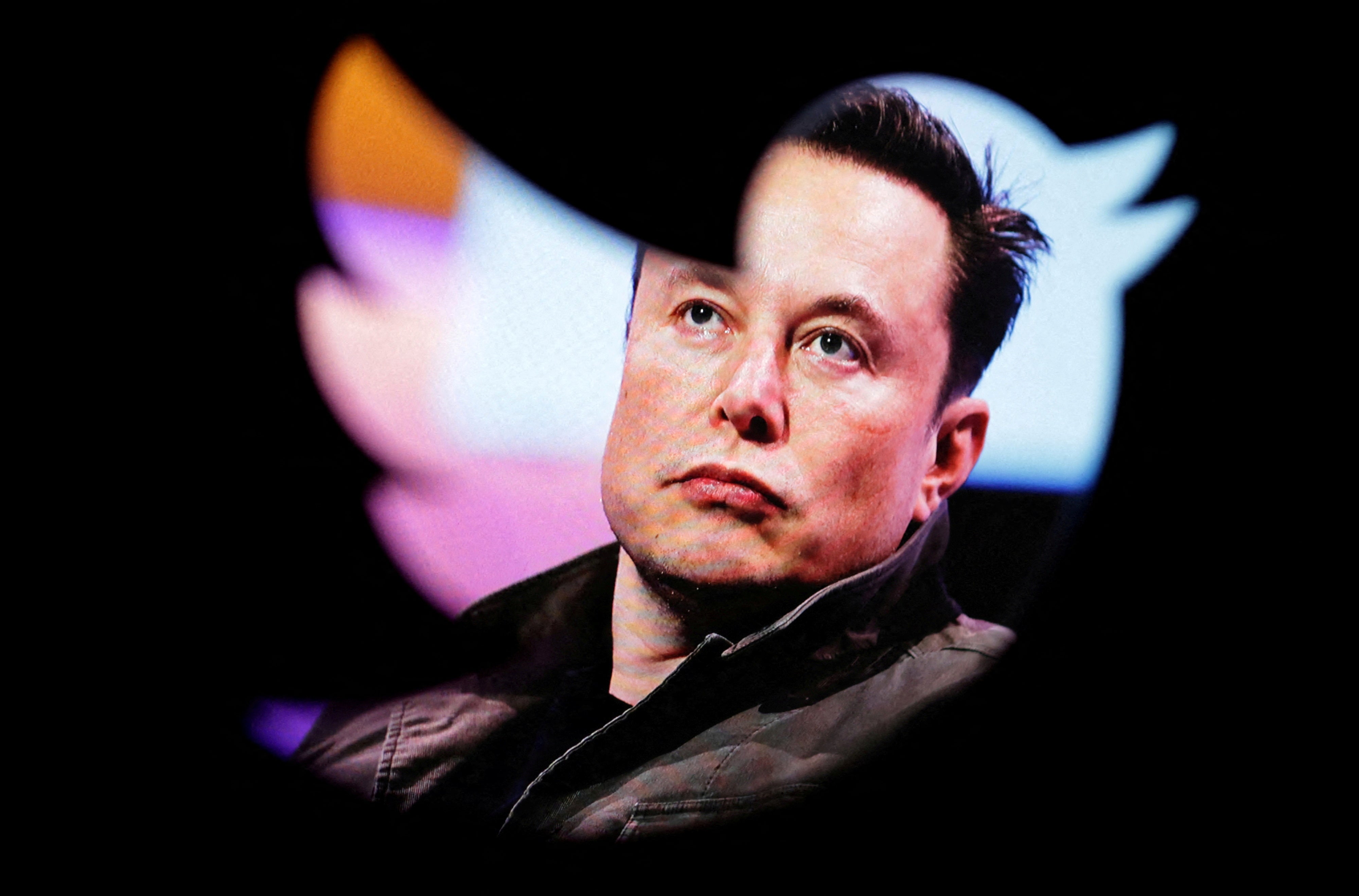No, Elon Musk, cis is not a slur
Human beings are different. Some are left-handed, some are right-handed. Some are tall, some are short. Some are trans, some are cis


Your support helps us to tell the story
From reproductive rights to climate change to Big Tech, The Independent is on the ground when the story is developing. Whether it's investigating the financials of Elon Musk's pro-Trump PAC or producing our latest documentary, 'The A Word', which shines a light on the American women fighting for reproductive rights, we know how important it is to parse out the facts from the messaging.
At such a critical moment in US history, we need reporters on the ground. Your donation allows us to keep sending journalists to speak to both sides of the story.
The Independent is trusted by Americans across the entire political spectrum. And unlike many other quality news outlets, we choose not to lock Americans out of our reporting and analysis with paywalls. We believe quality journalism should be available to everyone, paid for by those who can afford it.
Your support makes all the difference.My daughter is trans. That means she’s a different gender than the one assigned to her at birth. I’m cis, which means I’m the same gender as the one assigned to me at birth.
The term “cis” allows me to distinguish my own experiences from my daughter’s. It makes it easier to understand and talk about who she is and who I am. It improves communication, which is important when you’re trying to understand your daughter.
Elon Musk, the owner of Twitter, doesn’t agree. Last night, he tweeted that “The words ‘cis’ or ‘cisgender’ are considered slurs on this platform.”
“Cis” is not treated as a slur on virtually any other social media platform, for the very good reason that it isn’t one. Musk’s decision to ban the word is not meant to reduce hate speech or harassment, something he has repeatedly shown he doesn’t care about; it is meant to target trans people and make it impossible for them or others to talk about their experiences or the discrimination they face.
Cis, again, just means that you are the gender you were assigned at birth. I’m cis, just as I’m heterosexual, male and white.
The alternative to using “cis” would be to refer to cis people as “normal” or “not trans.” Terms like “heterosexual” or, for that matter, “white”, allow us to talk about differences without insisting that certain people are different and weird, while others are simply the normal standard.
It’s true that trans people are less numerous than cis people. But that doesn’t mean they’re less valid, or that they’re some sort of aberration which needs to be specially labelled and classified as abnormal. Human beings are different. Some are left-handed, some are right-handed. Some are tall, some are short. Some are trans, some are cis.
“Cis” isn’t controversial because it’s a slur. It’s seemingly controversial precisely because it’s a neutral term, which doesn’t privilege one form of human experience over any other. Author JK Rowling made this clear today on twitter when she wrote “‘Cis’ is ideological language, signifying belief in the unfalsifiable concept of gender identity.”
In other words, Rowling doesn’t think “cis” is bad because it’s hate speech. She thinks it’s bad because it acknowledges that people can be trans, and that trans people exist. Her argument is exactly the same as if someone were to argue that the term “heterosexual” is evil because lesbian and gay identities aren’t real and shouldn’t be accepted.
Promoters of transphobia – like Musk – also dislike the term “cis” because it gives trans people clear language to talk about the oppression they face. Just as it’s helpful for Black people to be able to say, “White people discriminate against Black people,” it’s useful for trans people to have language to clearly say, “Cis people discriminate against trans people.” If you aren’t allowed to identify people targeting you, it’s even more difficult to get them to stop.
Musk issued his edict in response to a therapist, James Esses, who tweeted “I reject the word ‘cis’ and don’t wish to be called it.” This is the equivalent to a billionaire saying “I reject the term ‘billionaire’ and don’t wish to be called it.”
Billionaire Starbucks CEO Howard Schultz actually did object to being called a billionaire; he felt he shouldn’t be tarred with the “moniker” billionaire because he worked hard and “earned” his money. He argued before the Senate that the term “billionaire” was inaccurate and harmful, because it (accurately) identifies him as part of a class with power and privilege, whereas he sees himself as just a normal, hard-working American.
Schulz was of course mocked for claiming he wasn’t a billionaire even though he is a billionaire. Similarly, Esses received pushback for saying he wasn’t cis. Esses identifies as the gender he was assigned at birth, but doesn’t want to admit that, as such, he has certain privileges over trans people. One of those privileges being that he can run to other cis anti-trans warriors like Elon Musk and get him to silence trans people on his behalf.
Trans people currently face escalating, terrifying discrimination and violence from cis people. Red states have issued a flood of anti-trans legislation, designed to prevent trans people from using public restrooms, to deny them medical care, to prevent them from participating in sports, to force teachers to out trans children to transphobic parents, to criminalize parents supportive of trans children, and more.
And yet, Elon Musk thinks the real threat is language acknowledging that trans people exist. To Elon Musk, it’s dangerous when I say, hey, my trans daughter is normal and awesome, and should have the same right to exist and flourish as cis people.
Musk wants to erase the word “cis” because he hopes that in doing so he will erase my daughter. But “cis”, like trans people, is here to stay, despite the hateful efforts of cis bigots like Elon Musk.


